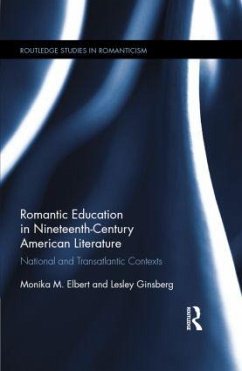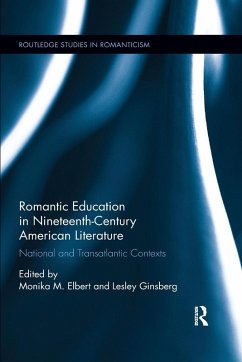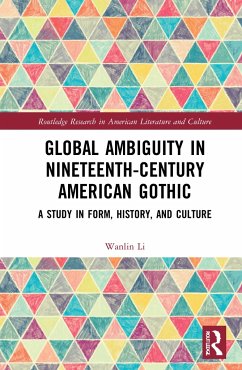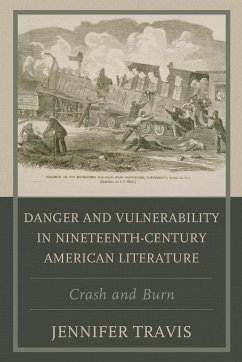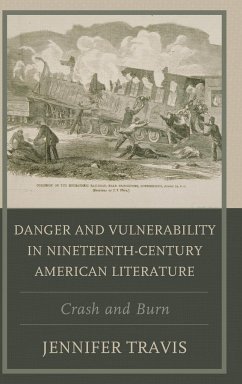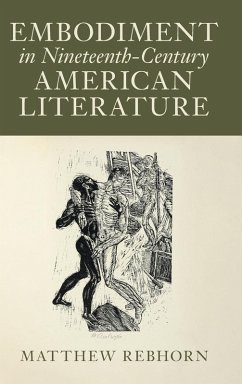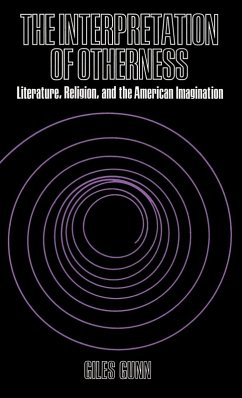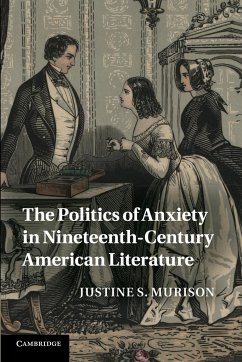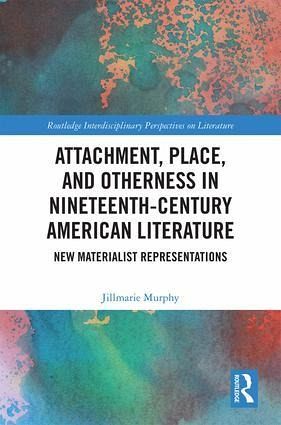
Attachment, Place, and Otherness in Nineteenth-Century American Literature
New Materialist Representations

PAYBACK Punkte
84 °P sammeln!
This study examines the role interpersonal and place attachments play in crafting a national identity in American literature. Building on ecocritical and psychoanalytic studies, it integrates the language of empirical science and the physical realities of place, investigating non-human agency and that which exists beyond the material realm. It considers how writers in the early republic constructed modernity by restructuring representations of attachments, which are reimagined, reconfigured, or rejected by writers in the long 19th century. American perceptions of Otherness are pathologized as ...
This study examines the role interpersonal and place attachments play in crafting a national identity in American literature. Building on ecocritical and psychoanalytic studies, it integrates the language of empirical science and the physical realities of place, investigating non-human agency and that which exists beyond the material realm. It considers how writers in the early republic constructed modernity by restructuring representations of attachments, which are reimagined, reconfigured, or rejected by writers in the long 19th century. American perceptions of Otherness are pathologized as a result of insecure attachments, resulting in a restructuring of antiquated notions of difference.




